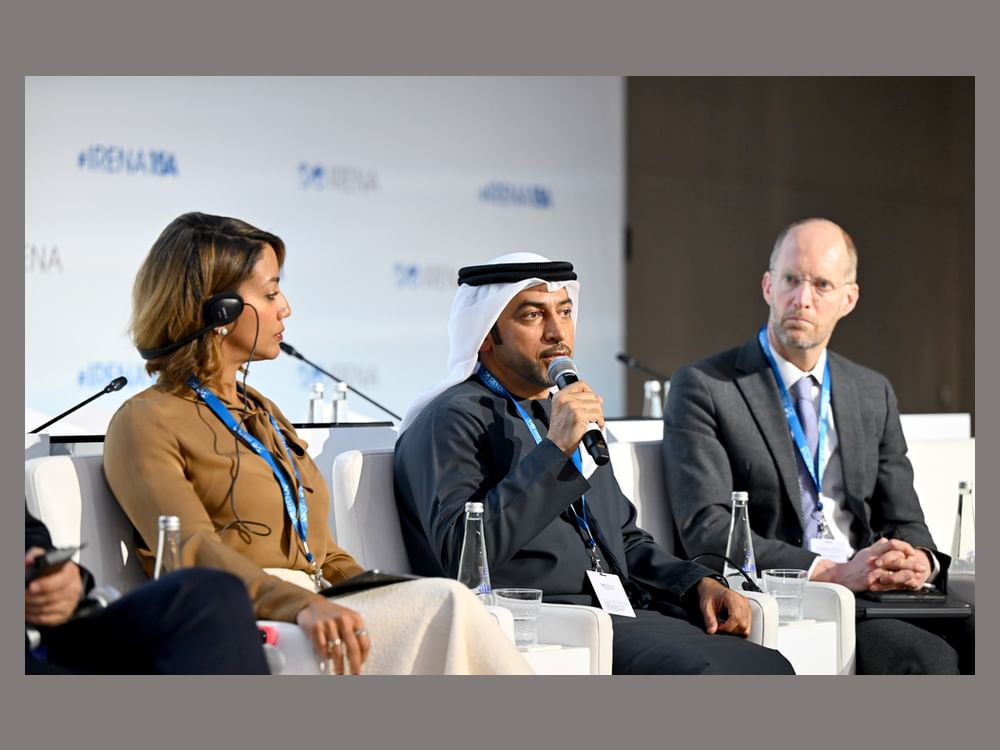The United Arab Emirates (UAE) is set to enhance its renewable energy capacity to 14.2 gigawatts (GW) by the year 2030, as stated by Ahmed Al Kaabi, the Assistant Undersecretary for the Electricity, Water, and Future Energy Sector at the Ministry of Energy and Infrastructure (MoEI). He emphasized the UAE’s leadership role in the global energy transition during his participation in the High-level Panel on ‘Energy Transition Pathways in Emerging Economies,’ organized by the International Renewable Energy Agency (IRENA).

Al Kaabi highlighted the UAE’s early recognition of the need for cleaner energy and the associated environmental, social, and economic benefits. He noted that the UAE was the first country in the region to sign the Paris Agreement, committing to nationwide emission reductions and establishing a net-zero target by 2050. Nearly two decades ago, the UAE established Masdar, which has since become a key player in renewable energy and sustainability efforts both domestically and internationally.
The UAE is also making significant strides in solar energy, operating three of the world’s largest solar plants, with additional projects in development. Al Kaabi mentioned the launch of the Distributed Solar System (DSS) project, which allows customers to generate their own solar power through rooftop photovoltaic (PV) systems. By feeding this power back into the grid, the initiative enhances the country’s renewable energy supply and contributes to energy independence while reducing the UAE’s carbon footprint.
Furthermore, according to WAM, Al Kaabi noted that the UAE is the first Arab nation to employ nuclear energy for peaceful purposes. The Barakah Nuclear Energy Plant currently provides 25% of the nation’s electricity from a carbon-free source. He also discussed the UAE’s commitment to low-carbon hydrogen, targeting the production of 1.4 million metric tonnes by 2031, with an ambitious goal of increasing this to 15 million tonnes by 2050.
In conclusion, Al Kaabi asserted that the UAE is dedicated to driving innovation and fostering global partnerships as a founding member of IRENA, thereby shaping the future of the global energy transition. He expressed confidence that with determined leadership, the UAE is on the right track to achieve its goal of net-zero emissions by 2050.

Leave a Reply